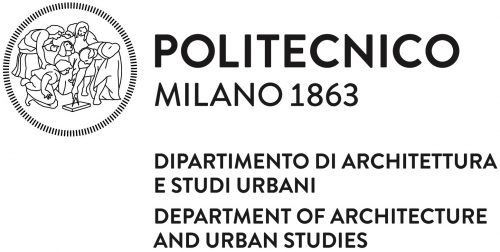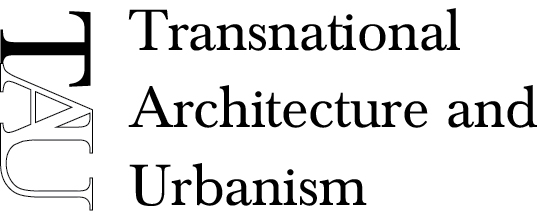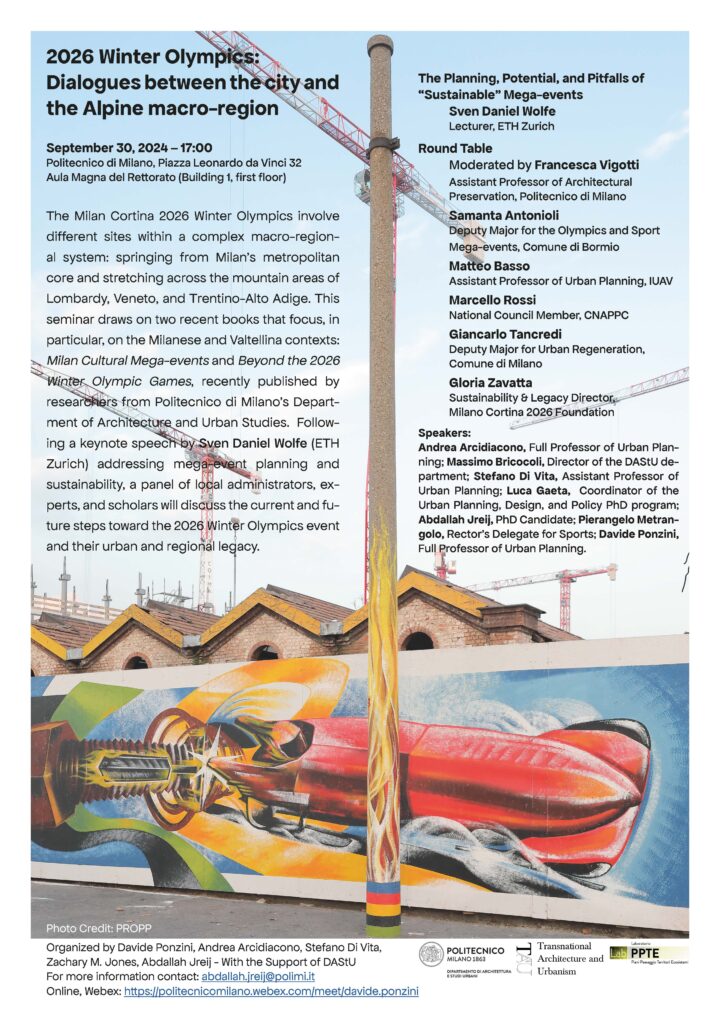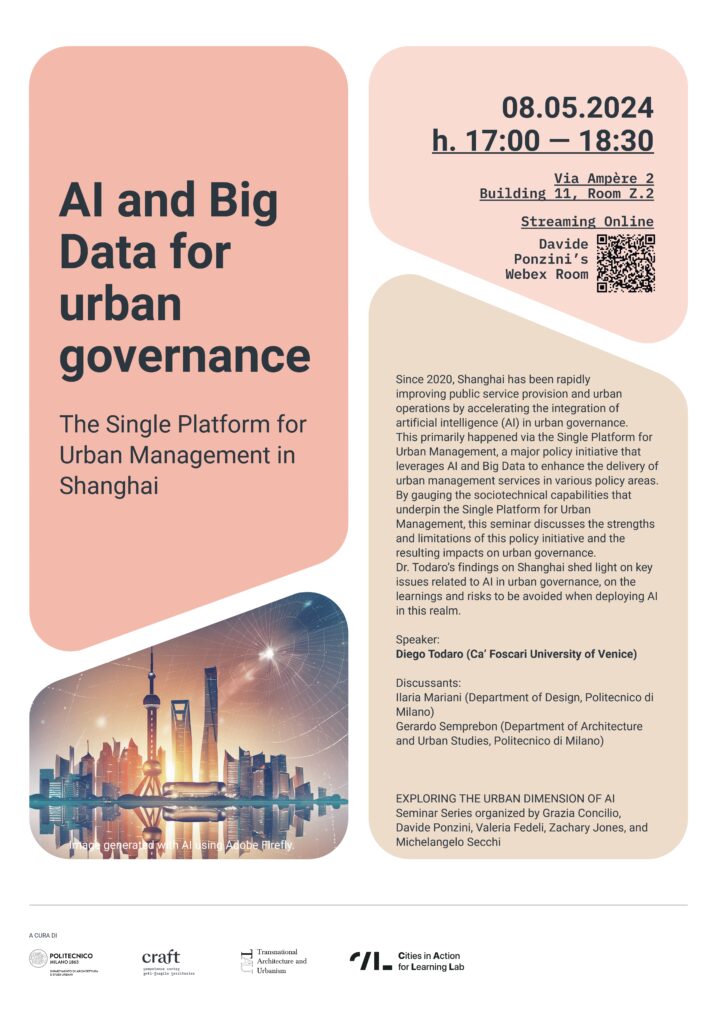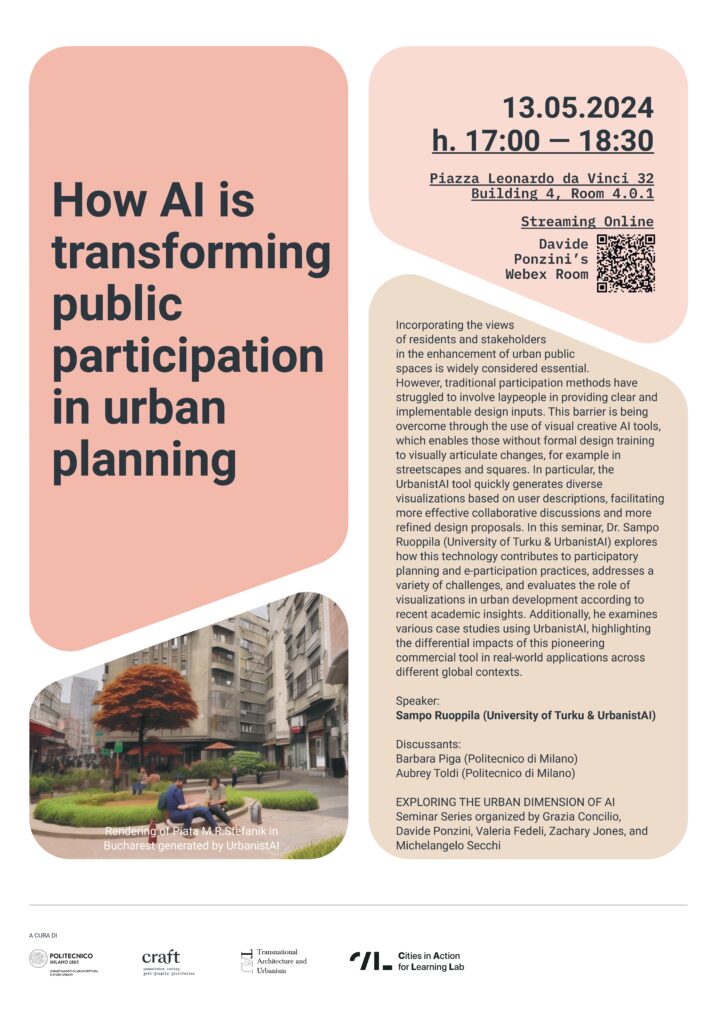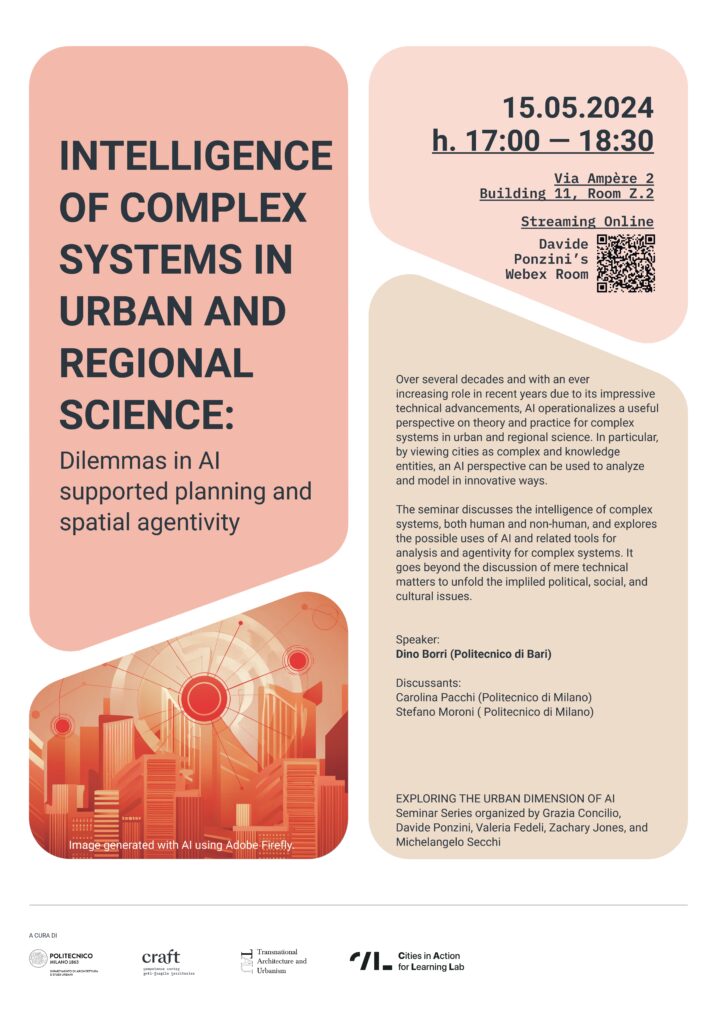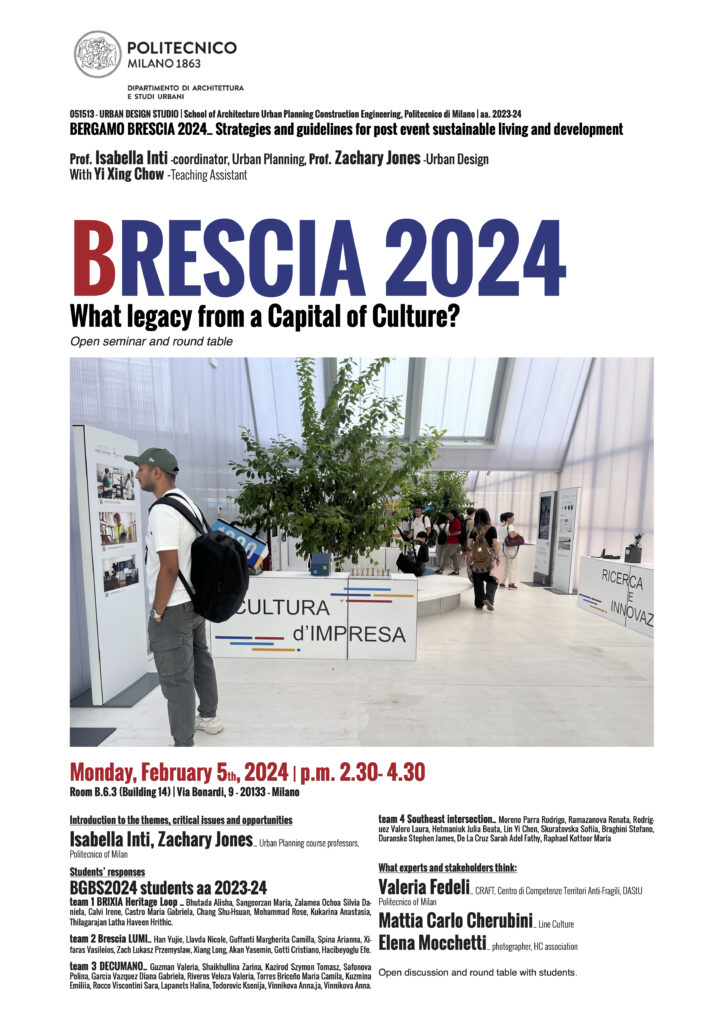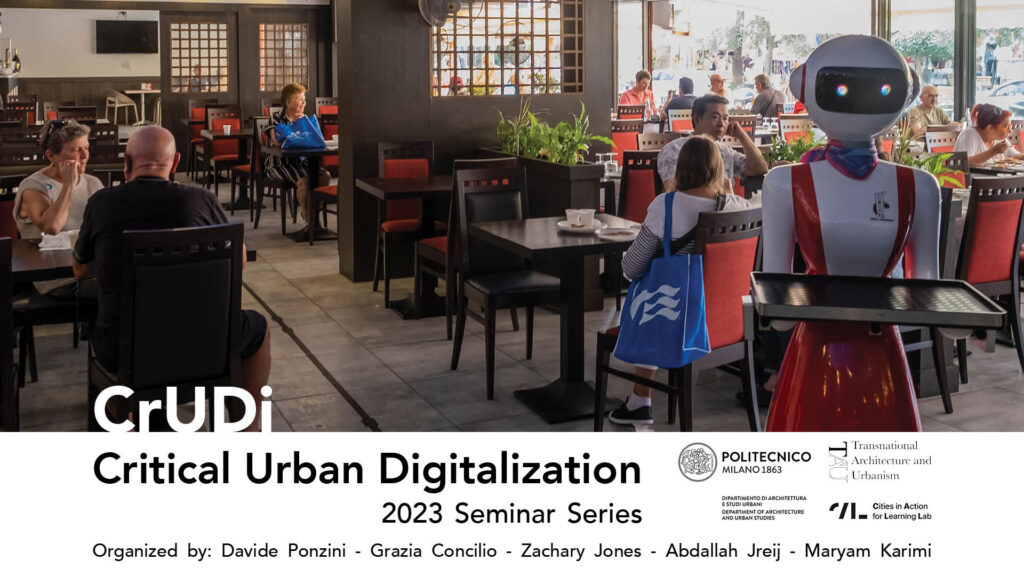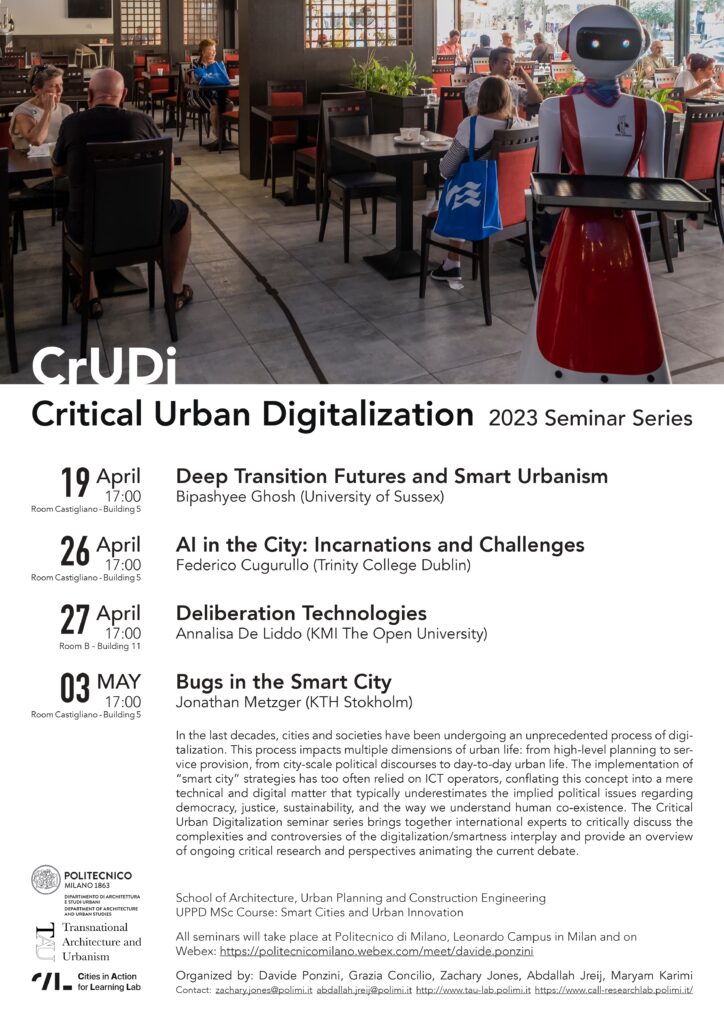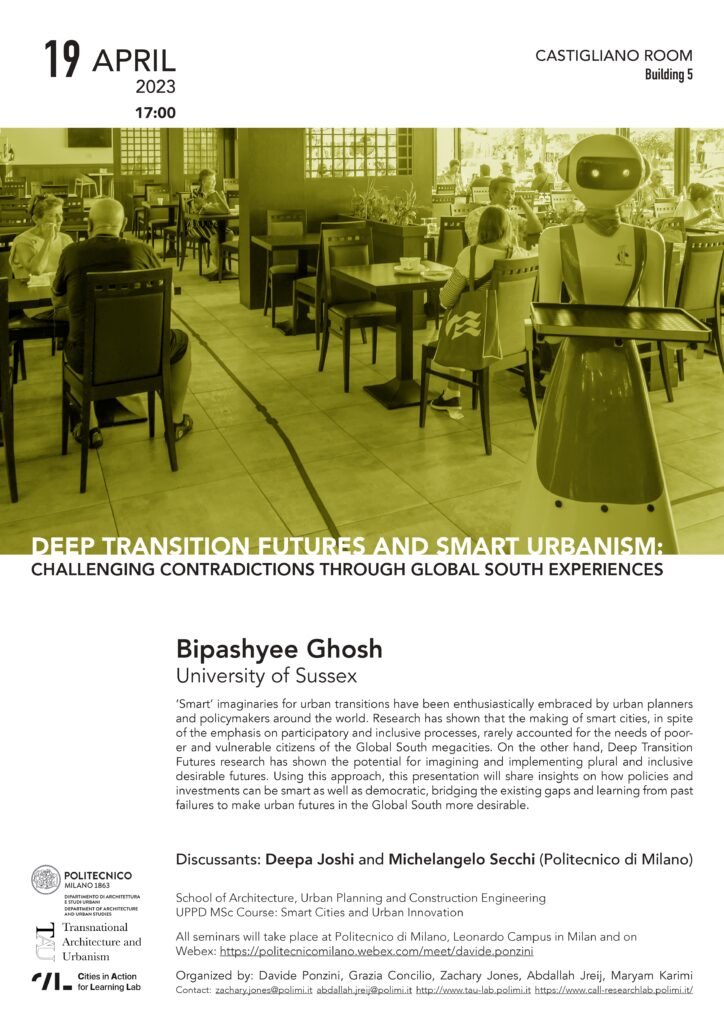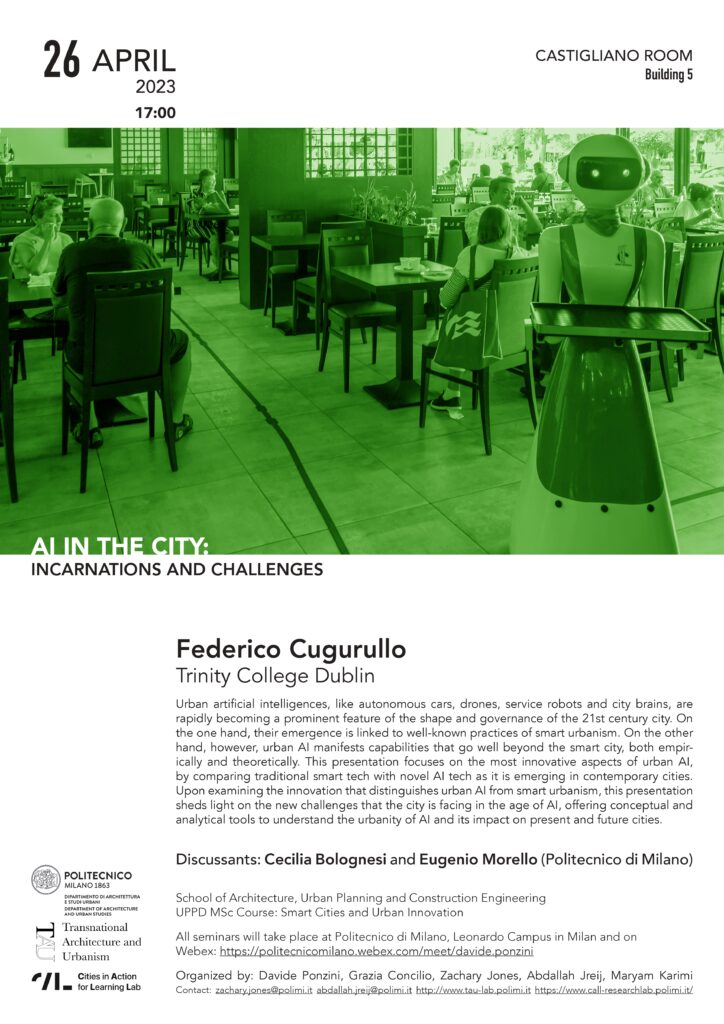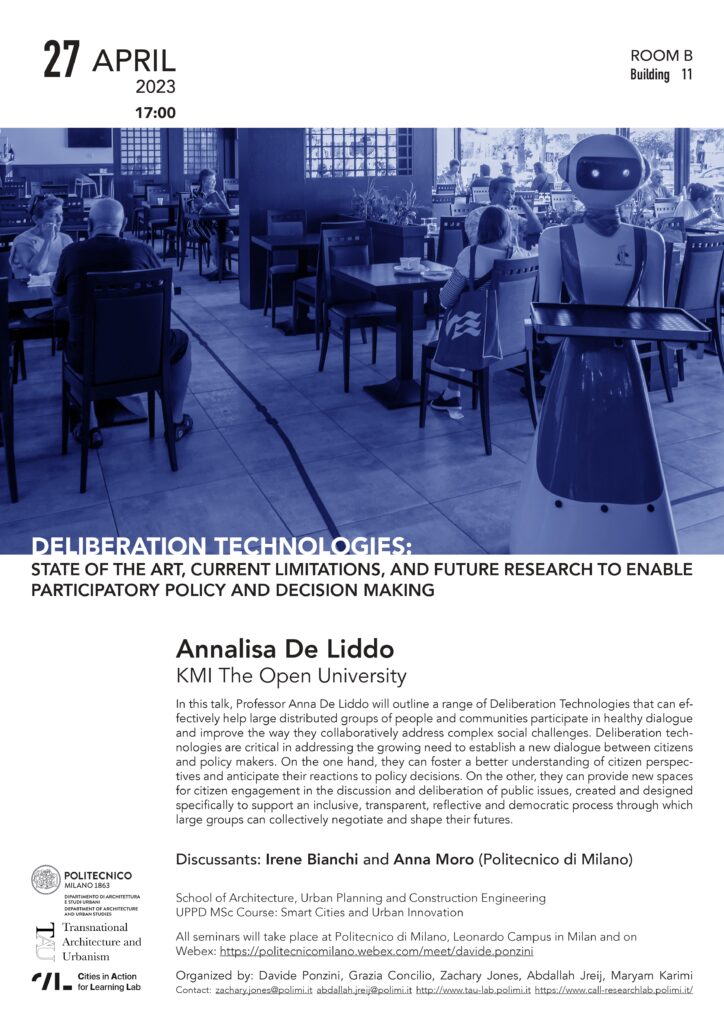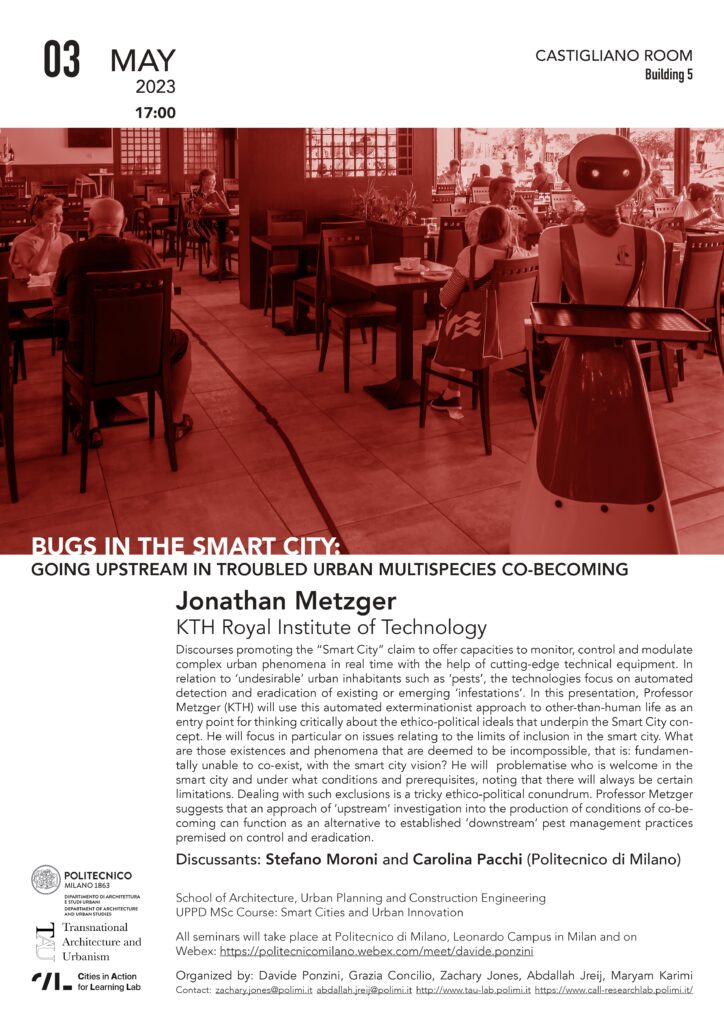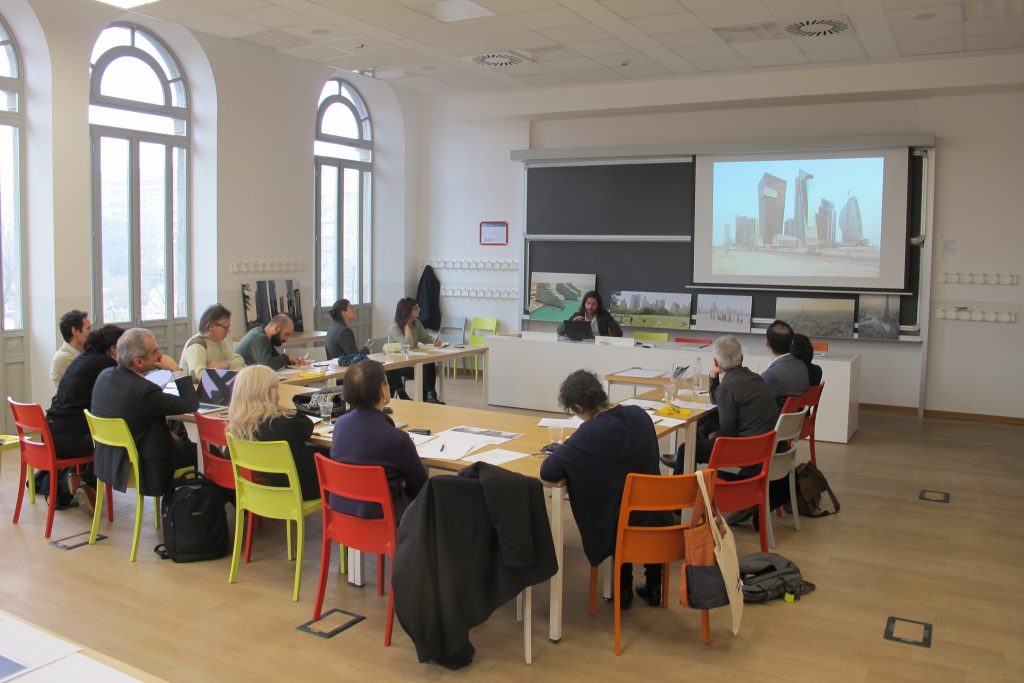
TAU-Lab Meets are colloquium-style sessions where the members of the Transnational Architecture and Urbanism Lab research unit and other invited speakers present their recent and ongoing work as well as workshop their research ideas, projects, methods, and publications with the others. It involves PhD students and Post-Doc researchers not only during the sessions as presenters and discussants, but also as active organizing members.
The sessions are both in person, at Politecnico di Milano DAStU, and online. This facilitates the participation of scholars and allows for a wider set of meetings during the year. The sessions are free of charge and open to scholars and experts who request to join, by sending an email to zachary.jones@polimi.it
Calendar:
- Tuesday, May 13, 2025. Sampo Ruoppila (University of Helsinki) 10:00 – 12:30
- Thursday, May 8, 2025. Heyday Alibaily and Anita Martinelli (Politecnico di Milano) 9:30 – 12:00
- Tuesday, April 29, 2025. Capucine Tournilhac (Federico II University of Naples) 14:00 – 16:00.
- Tuesday, February 11, 2025. Randy Mason (University of Pennsylvania) 10:00 – 12:30
- Monday, June 17, 2024. Federico Cugurullo (Trinity College Dublin) 14:30-16:30
- Monday, May 13, 2024. Sampo Ruoppila (University of Turku) 14:30-16:00
- Tuesday, February 27, 2024. (Research centre update). 11:00-12:30
- Tuesday, November 14, 2023. Xiaoxuan Du (Harbi Institute of Technology). 11:00-12:30
- Tuesday, June 6, 2023, from 12:00 to 13:30 CET (Xiahong Hua, Tongji University Shanghai)
- Thursday, May 4, 2023, from 14:30 to 16:00 CET (Jonathan Metzger, KTH – Kungliga Tekniska Högskolan)
- Thursday, April 27, 2023, from 11:30 to 13:00 CET (Federico Cugurullo, Trinity College Dublin)
- Thursday, April 20, 2023, from 11:00 to 12:30 CET (Bipashyee Ghosh, University of Sussex)
- Thursday, March 30, 2023, from 11:30 to 13 CET (Sven Daniel Wolfe, ETH Zurich)
- Friday, December 2, 2022, from 14 to 16 CET (presentations by PhD students)
- Tuesday, April 26, 2022, from 17 to 19 CET (Giulio Verdini, Westminster University)
- Tuesday, April 12, 2022, from 17 to 19 CET (presentations by PhD students)
- Tuesday, March 29, 2022, from 17 to 19 CET (Nadia Alaily-Mattar, TU Munich)
- Friday, March 25, 2022, from 10 to 13 CET (David Gogishvili and Martin Müller, University of Lausanne)
- Tuesday, March 8, 2022, from 17 to 19 CET (Francesco Chiodelli, University of Turin)
- Monday, February 14, 2022, from 15 to 17 CET (research project presentations by PhD students)
- Monday, January 31, 2022, from 15 to 17 CET (research project presentations by PhD students)
- Thursday, January 13, 2022, from 17 to 19 CET (Stefano Di Vita, Politecnico di Milano)
- Thursday, December 16, 2021, from 17 to 19 CET (Zachary M. Jones, Politecnico di Milano)
- Thursday, December 2, 2021, from 13 to 15 CET (Yiqing Zhao, Xi’an Jiaotong University)
- Thursday, November 18, 2021, from 17 to 19 CET (Davide Ponzini, Politecnico di Milano)
